by Rich “Doc” Raitano
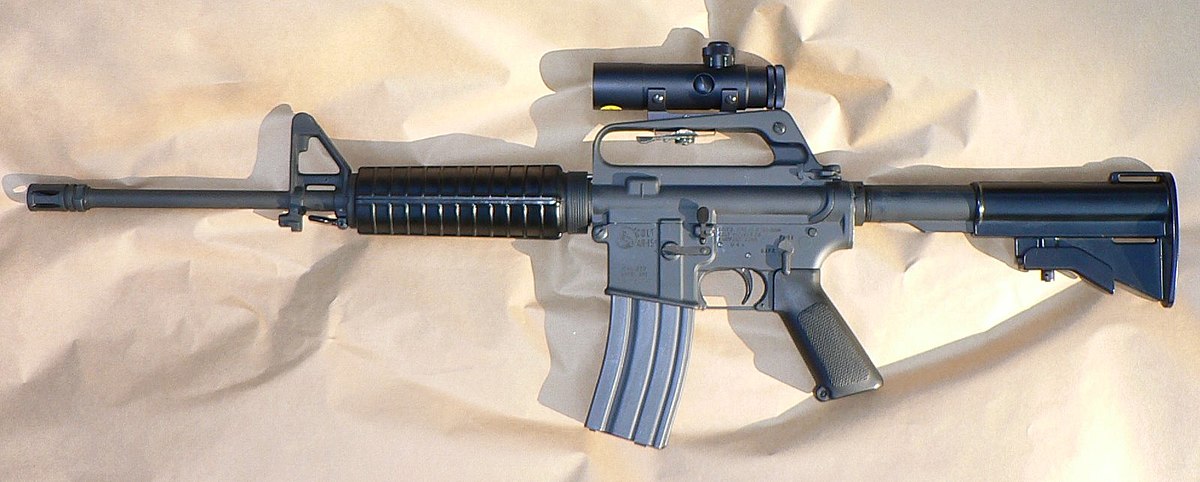 Most of my friends and family know how I feel about weapons, especially military style weapons with the capability of firing high velocity ammo designed to tumble into the flesh, and to rip and tear the innards. I own a 7mm hunting rifle. I have no intentions to get rid of it, or to hunt with it at this time. I do not have a problem with hunting rifles and handguns in the hands of responsible and well trained individuals. But, I do get the fascination with guns. I truly understand the rush of power that comes from unloading round after round, the butt-stock kicking into your shoulder, and the smell of cordite hanging around your head. I didn’t grow up around guns, but, as a kid I played all the cowboy and army games. My dad, a Marine veteran wounded in the invasion of Okinawa in 1945, had no desire to have a workable weapon in the house. He did own a Japanese Arisaka, bolt action infantry rifle that he kept in his closet. Sometimes I would take it out while he was at work, and like any kid, pretended at war games.
Most of my friends and family know how I feel about weapons, especially military style weapons with the capability of firing high velocity ammo designed to tumble into the flesh, and to rip and tear the innards. I own a 7mm hunting rifle. I have no intentions to get rid of it, or to hunt with it at this time. I do not have a problem with hunting rifles and handguns in the hands of responsible and well trained individuals. But, I do get the fascination with guns. I truly understand the rush of power that comes from unloading round after round, the butt-stock kicking into your shoulder, and the smell of cordite hanging around your head. I didn’t grow up around guns, but, as a kid I played all the cowboy and army games. My dad, a Marine veteran wounded in the invasion of Okinawa in 1945, had no desire to have a workable weapon in the house. He did own a Japanese Arisaka, bolt action infantry rifle that he kept in his closet. Sometimes I would take it out while he was at work, and like any kid, pretended at war games.
I asked him once if he would take me rabbit or pheasant hunting. He declined gently. When I asked why, he told me that he “hunted once, long ago,” and did not feel the need to do so again. I didn’t understand at first, but I knew he was serious. It was years later that I came to understand why he chose not to shoot anything.
Once I entered the service in 1965 and issued an M-14, time spent at the rifle range to zero our rifles and shoot at head-and-torso targets was fun, earning myself a Sharpshooters Badge with Rifle clasp, and later when issued an M-16, an Auto-Rifle clasp. During training at Schofield Barracks, Hawaii, Medics always traveled with infantry companies as they trained. On one particular day, the M-60 gunners were going out to qualify. The 60’s chattered loudly as the gunner sent rounds chewing up target and dirt; the assistant gunner feeding ammo and directing the gunner.
After lunch break, the platoon leader asked if I wanted to shoot. Hell yes I did! I settled in alongside the 60, the gunner talking me through the moves; get a mental picture of the area and shoot in bursts. Once I began firing, the only thing heard above the thunder of the 60, was the gunner yelling in my ear: UP! Left! Good! Good! Down! Right! Good! Good! In recollection, it seemed to go on for a long time. But once finished, the gunner tapped my back, and I rose to hoots and hollers from the guys. My “assistant”, a huge grin on his face, leaned in, “Holy shit, doc! You’re a killer!”
I have to tell you true…it felt good. Powerful. Like I said, I understand why many I know are keen on owning and shooting an AR-15. I get it. But, it’s not where I come from any longer. I speak only for myself, although I know of many others who have served in combat who feel the same way, and like me, they are gun owners.
All of us got to witness first hand and up close the devastating damage such weapons inflict upon the human body. As a combat field medic, and later as a Casualty Reporter, I’ve dealt with the resulting mutilation from mass shootings and other weapons of war. I’ve tended to injuries caused by these weapons. I’ve watched young men die from these wounds. I’ve watched helplessly as the life faded from their eyes and the last shallow breath passed from their lips.
These things stay with you, haunt you.
This is my opinion, and it will not change. If someone chooses to break away from a friendship because of this, it is on them. And, while it may seem absurd and foolish, I maintain that the military is available, and in need of live bodies to handle weapons of war. They will not turn you down, with the exception of physical ability, health, and social / mental disabilities. If none of these trouble you…go try it on for size. Squeeze a few rounds towards a target that shoots back. Tend to a friend who has been wounded or is dying. Then, come home and let’s talk.
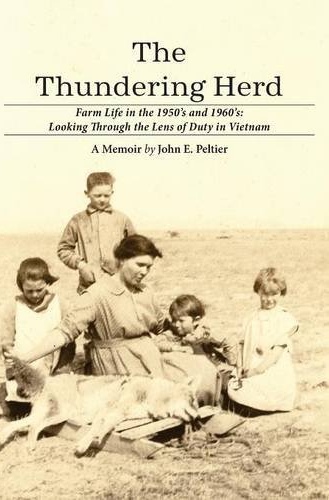
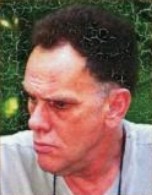
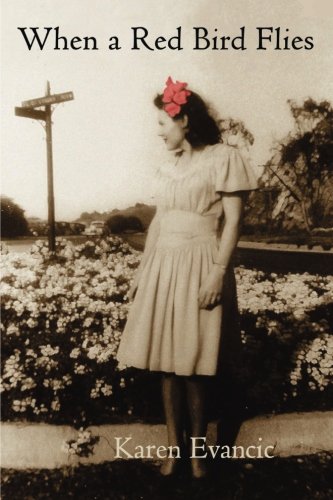
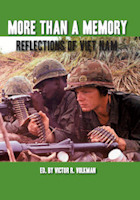 47 years ago today I left Vietnam. It’s an anniversary date, one that will never be forgotten.
47 years ago today I left Vietnam. It’s an anniversary date, one that will never be forgotten.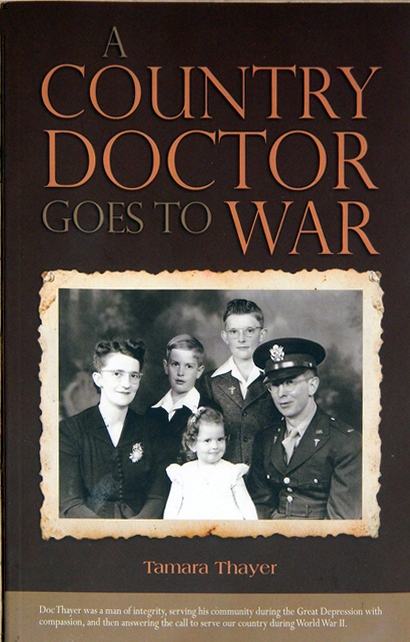
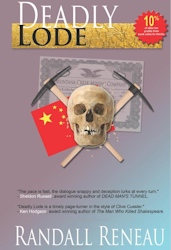
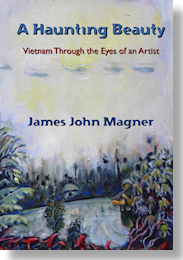
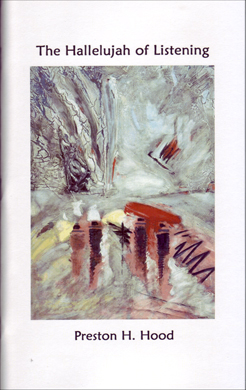 The Cover Art is a photo of G. Buddy Swenson’s Elusive Liberty(August, 2001) Paint on Wood Panel (48”X”36”)Preston Hood was born in Fall River, Massachusetts and grew up in Swansea, Mass. He served in Vietnam with SEAL TEAM 2 (1970), and was a graduate of the University of Massachusetts, Boston, Bachelor of Arts in English, Magna cum laude, the University of Southern Maine, Bachelor of Science, and the University of Maine, Orono, Master of Education. For fifteen years, he was a member of Veteran’s for Peace. He published a poetry CD, Snake Medicine (2002), which was recorded by Berred Ouellette, and produced by Master Mind Audio. Summer Home Press published his first book of poetry, A Chill I Understand (2006). The Hallelujah of Listening is his first Chapbook (2011).
The Cover Art is a photo of G. Buddy Swenson’s Elusive Liberty(August, 2001) Paint on Wood Panel (48”X”36”)Preston Hood was born in Fall River, Massachusetts and grew up in Swansea, Mass. He served in Vietnam with SEAL TEAM 2 (1970), and was a graduate of the University of Massachusetts, Boston, Bachelor of Arts in English, Magna cum laude, the University of Southern Maine, Bachelor of Science, and the University of Maine, Orono, Master of Education. For fifteen years, he was a member of Veteran’s for Peace. He published a poetry CD, Snake Medicine (2002), which was recorded by Berred Ouellette, and produced by Master Mind Audio. Summer Home Press published his first book of poetry, A Chill I Understand (2006). The Hallelujah of Listening is his first Chapbook (2011).